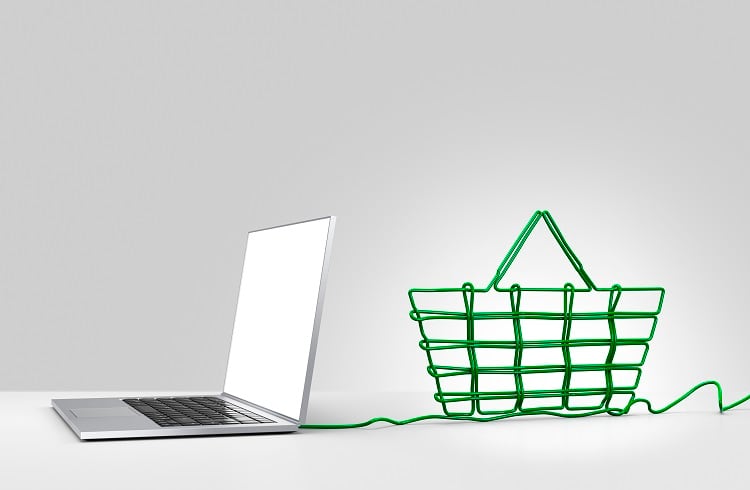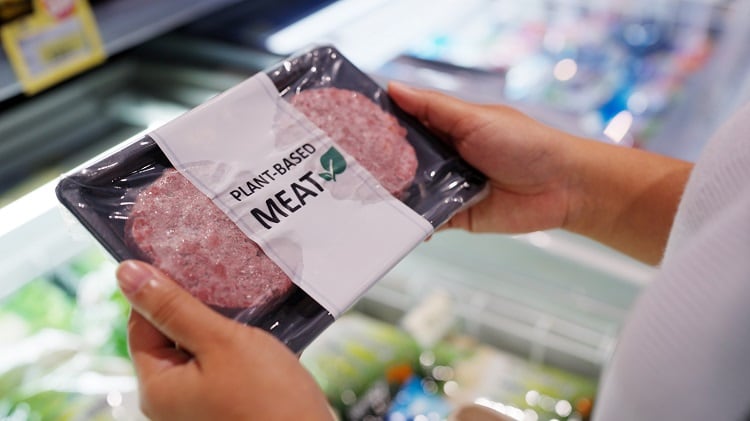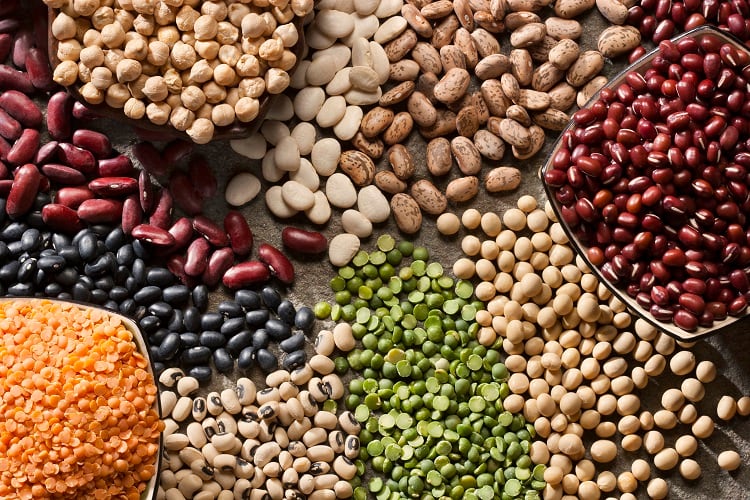Youniq is a US-based app, developed by company Youniq Health, that uses AI to develop an intensely personalised diet plan for its users. Rather than working towards a generalised definition of what 'healthy' means, the app caters to the individual, helping users achieve their stated goals through its suggestions.
“Today, we can track pretty much everything,” Alvaro Cuesta, founder and CEO of Youniq Health, said at FoodNavigator’s Positive Nutrition Summit in central London in March. “There's so many data points that we can gather.”
A spoonful of AI helps the medicine go down
We are living in a ‘health crisis,’ suggested Cuesta. “That has a lot of implications in terms of how many people are dying every year, how many people are suffering from different allergies and intolerances, and how many children are suffering from child obesity.”
However, the right food, a diet that contains the right nutrition, may provide an answer. “On a positive note, diets with the right foods could actually cut these numbers by half. It's almost a cliché to say this but we all know that food is the ultimate medicine.
“It's not just good for your body, but actually could heal in many cases and situations.”
Because of an increasingly health-conscious public, there has been a proliferation of personal nutrition apps aiming to help people improve their diet.
“Today,” said Cuesta, “we can track pretty much everything, we can track our biometrics, or genomic biome, or blood levels, or urine levels on different biomarkers. We can measure our metabolism and how glucose affects almost real time in the postprandial response in our bodies.
“We can track and we can learn about the food tastes, and dietary needs and what cuisine types people like.”
Youniq is one of these apps. It processes a range of personal information – from blood samples, microbiome tests, genome tests, even blood pressure and height – and runs it through an algorithm that will suggest recipes.
Not only that, but the app’s AI technology can create wholly new recipes, even generating a picture to go along with it. It creates “real time recipes that have never been developed ever, with a picture that has never been taken,” said Cuesta. “So this is what we do, we personalise.”
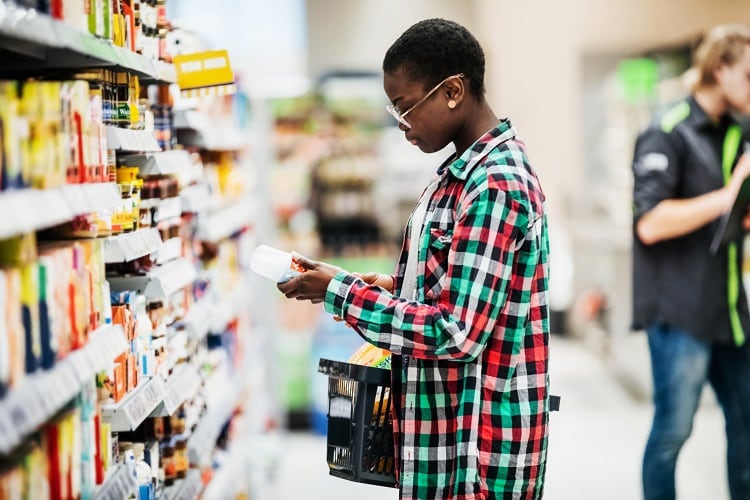
An actionable approach
While there is an abundance of apps that provide personalised nutrition, said Cuesta, many fail because people find it difficult to follow the advice they’re given, because of factors such as lack of time to buy and gather ingredients to cook. Essentially, following recipes from an app is easier said than done.
“Most nutrition apps are not working,” said Cuesta. “And the reason is they provide a lot of information, but that information, and this is the key word for us, is not actionable. And that somehow has not changed so much from the times where you would go to a dietician and you would get a piece of paper with a diet that you would put on your fridge.”
The answer, as Cuesta sees it, “as obvious as this might seem,” is to “reduce the friction by increasing the motivation to have a healthier diet. And at the same time, increasing the ability to make it happen.”
To make the recipes more actionable, Youniq partners with several supermarket retailers. “What we do is we partner with different grocery shops, grocery chains. . . and connect those ingredients in real time and make them shoppable. This can happen in less than two hours in your place in your home. And those recipes are curated, so take less than 15 to 20 minutes to cook.”
Youniq’s algorithm is also able to scan the ingredients that you have in your fridge and use this data to compile recipes. It doesn’t force you to go out looking for ingredients but can simply use the ones already available.
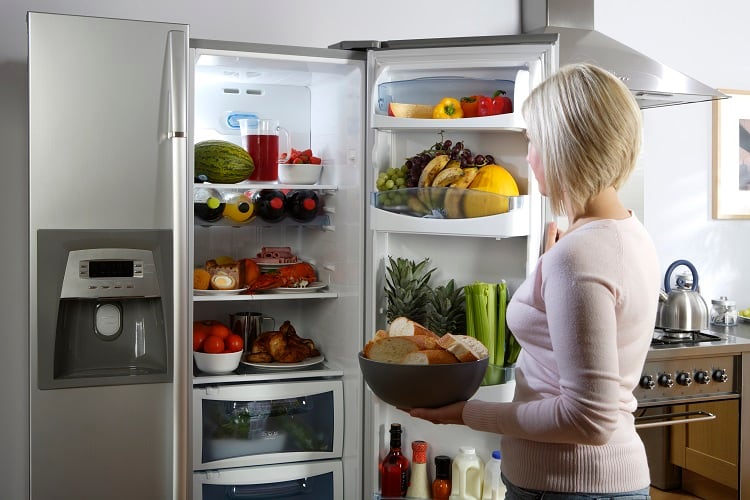
Goals
The app also has a more personalised approach to the idea of ‘goals.’ “Our approach,” said Cuesta, “is that personalised nutrition is not about telling you how healthy food is for you, in general, but how this meal is aligned with your main goal or goals: whether you want to sleep better, keep your diabetes under control, or increase your immune system to fight an autoimmune disease.”
Youniq, said Cuesta, is all about ensuring that the health data for each of the foods suggested is specific enough to align with what you want out of the app. Youniq has partnerships with a number of labs across the US to gather this data.
“What we do is we score each one of those recipes,” he said. “And we provide specific insights on why this recipe, these ingredients are good for you, and for what reason. And most importantly, also based on scientific evidence so that we try to be as agnostic as possible.”
Youniq in business
Youniq Health has a few goals of its own. Firstly, the currently US-based app plans to expand into the UK market. “The UK is our next step because we have everything in English,” said Cuesta.
It is also approaching corporates and enterprises with the app, “especially the self-insured ones, because they save on health care costs by having healthier employees.”
Further, it’s partnering with hospitals to provide nutrition programmes to patients, helping them eat in a nutritionally optimal way after, for example, heart surgery.


